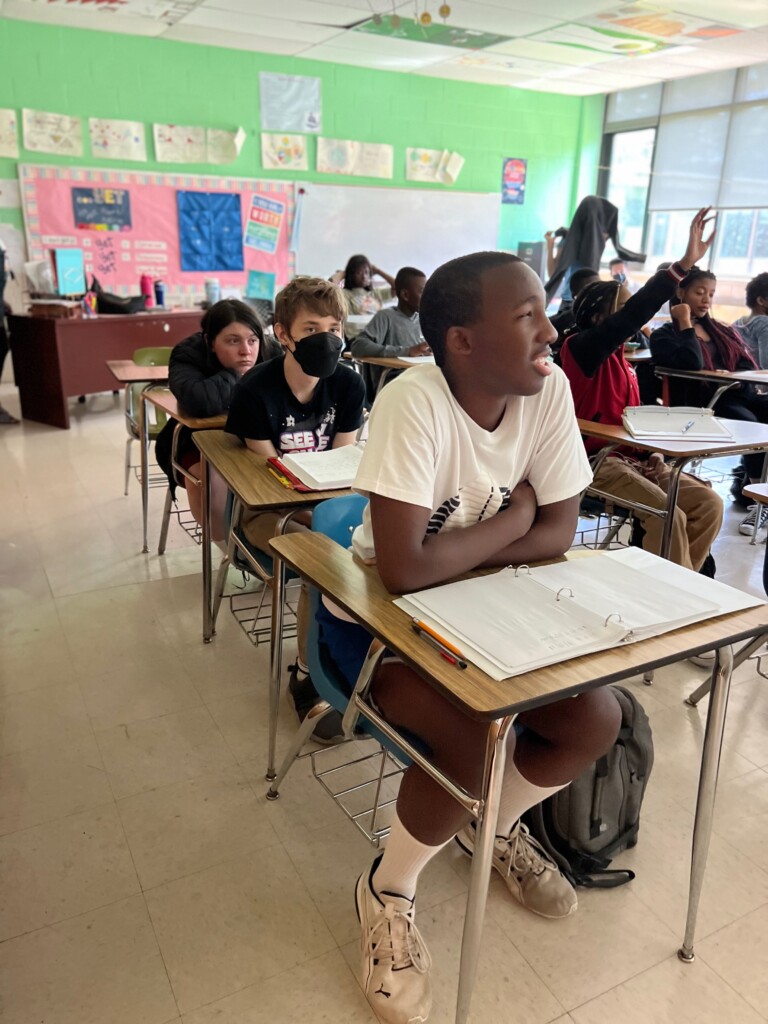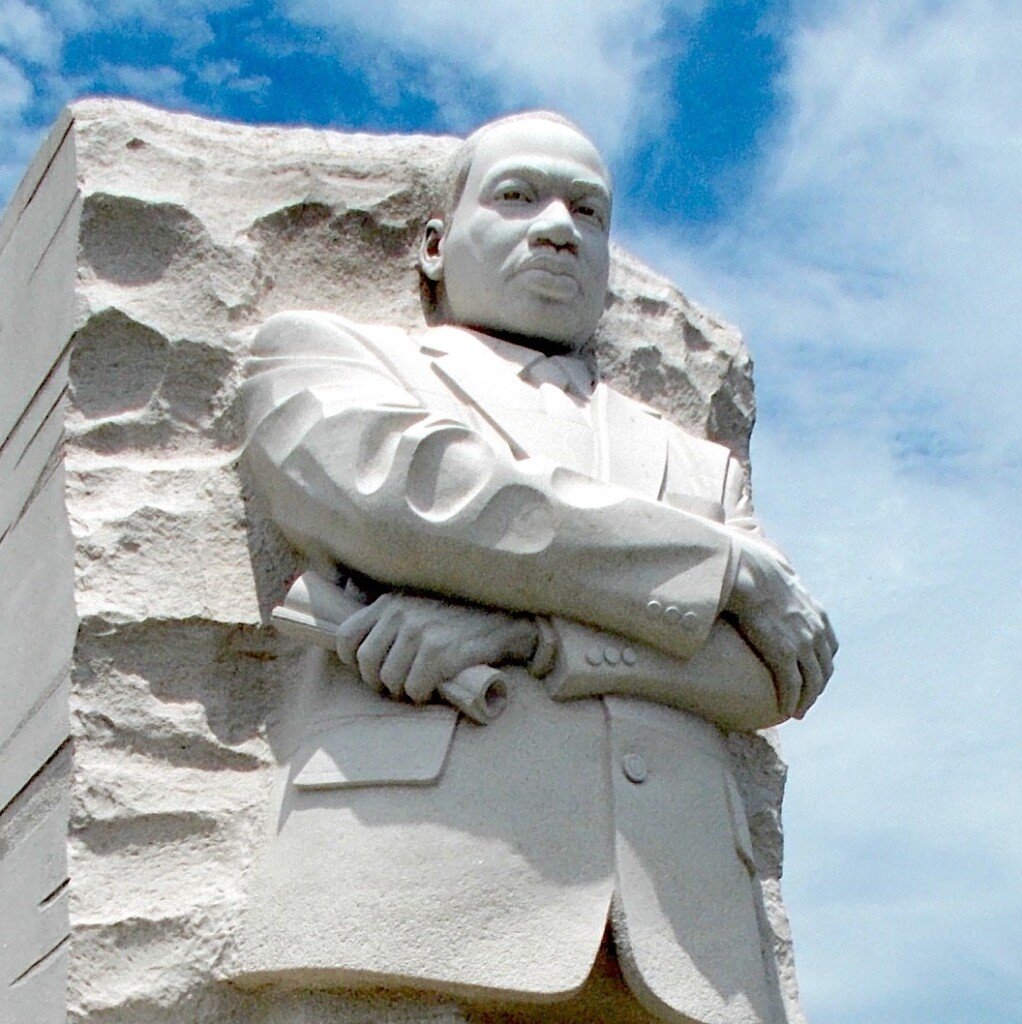The Case for Public Charter Schools
Today, the two campuses combined have 1,000 students in elementary, middle and high schools and a racially diverse student body.
 In the fall of 2014, the approximately 200 students at Utopian Academy knew that then-Gov. Nathan Deal was coming for a visit as they gathered in the lunchroom of the school. They weren’t aware he was bringing a special guest. But when Deal and Atlanta superstar Chris Bridges – better known as Ludacris – walked through the door, the kids’ excitement sent an electric pulse through the room.
In the fall of 2014, the approximately 200 students at Utopian Academy knew that then-Gov. Nathan Deal was coming for a visit as they gathered in the lunchroom of the school. They weren’t aware he was bringing a special guest. But when Deal and Atlanta superstar Chris Bridges – better known as Ludacris – walked through the door, the kids’ excitement sent an electric pulse through the room.
Weeks away from re-election, Deal wanted an ostentatious show of support for the public charter school approved by a newly formed state commission that could grant new charters when local school boards refused to. He was sending a strong message to local officials that they now faced a powerful opponent if they wanted to continue obstructing the school.
Not long before, the Clayton County Board of Education had done all it could to stop the school from opening, even after Utopian got the green light from the state. When the school year started in August, Clayton County and Riverdale officials said the school building had code violations that required keeping it closed – violations never mentioned when a different school operated at the property. School founder Artesius Miller took them to court. While at the hearing where the judge ruled that local governments were illegally throwing up roadblocks, Miller’s phone was blowing up. It was school colleagues letting him know the fire department had arrived to say the school didn’t have a certificate of occupancy. It was lunchtime and the students were marched into the gym to wait – without food.
When the operator of the local Chick-fil-A heard about it, he called Miller and asked how many kids – then showed up with donated food for all of them. Miller still tears up when he remembers that act of generosity during a time of a constant struggle.
By the time Deal and Ludacris arrived, Utopian Academy was already on a path to fulfill Miller’s ambitious vision. A product of Atlanta Public Schools, Miller went on to graduate from Morehouse College and then attain advanced degrees from Columbia University and the University of Georgia. In New York, he saw public charter schools disrupting the status quo by implementing longer school days and hiring subject matter experts to teach even if they didn’t have an education degree. That included finance experts who’d worked on Wall Street.
Miller wanted to bring these innovations home to Georgia, and Clayton County looked like a community that needed help.
“I wanted to restore faith in public schools,” Miller says about choosing Clayton, where the schools had recently lost accreditation, “and I wanted to restore arts education, which had been taken out of Clayton Schools.”
As evidenced by its hostile actions toward Utopian, Clayton wasn’t interested in new approaches.
“What it boiled down to is loss of control,” says Miller. “Clayton had become complacent with where they were, and Utopian was competition that was going to attract families.”
Miller’s prediction was right; it did attract students. In 2014, Utopian Academy had only a middle school. Those 200 students in matching uniforms were all Black. Through the efforts of former Chick-fil-A CEO Dan Cathy, the school now has a campus at Trilith Studios in Fayette County where middle schoolers learn animation, digital art, coding and game design among other skills. Today, the two campuses combined have 1,000 students in elementary, middle and high schools and a racially diverse student body.
Ludacris has remained one of Utopian’s “strongest ambassadors,” Miller says, and the musician and his mom, Roberta Shields, attended an event at Microsoft’s Atlanta offices where students were taught coding. The seventh-graders who met the governor and Ludacris in 2014 are now seniors in college. They attend schools you’ve heard of, including Yale, NYU, Emory, Georgia Tech and the University of Georgia. One is a member of the Alvin Ailey American Dance Theater.
This fall, Utopian celebrates its 10th year in operation. It’s a living, breathing testament to what can happen when families are given options that work for their children.
We’ve come far since the creation of the State Charter Schools Commission. We don’t see fire departments deployed to close these schools anymore, and Clayton County has gone from foe to trusted partner for Utopian. But there are still too many in the education establishment that see disruption as a threat, not an opportunity.
The record of Utopian Academy should inspire us to empower parents, not systems, and we still have a long way to go.
You can see Brian Robinson on The Georgia Gang Sunday mornings on Fox 5 Atlanta.







